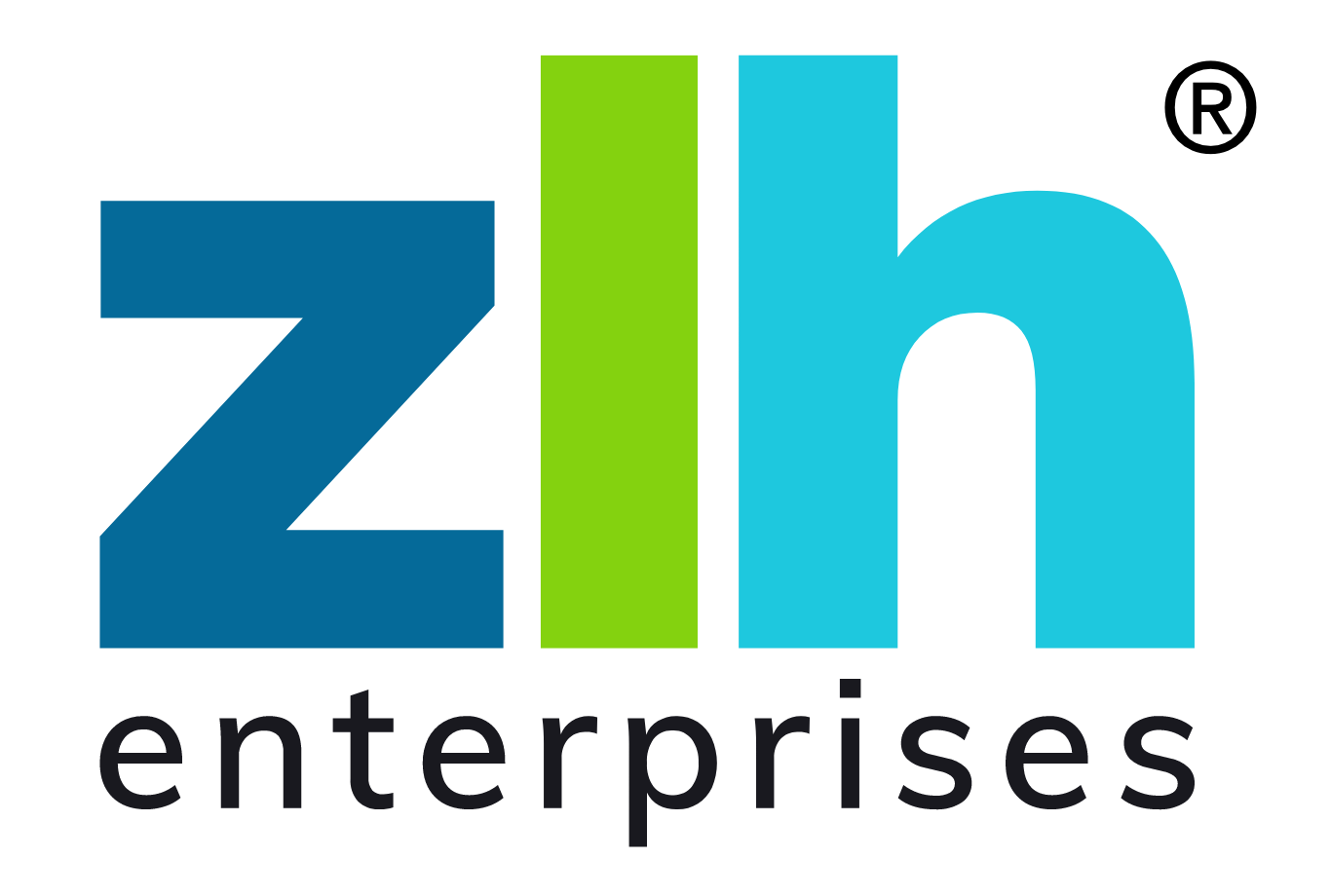Reposted from MSP Insights Guest Column | June 12, 2023:
In today’s fast-paced business environment, service level agreements (SLAs) have become an essential tool for companies across various industries.
A service level agreement (SLA) is a contractual arrangement between a service provider and a client, explicitly defining the expected level of service to be delivered. It serves as a benchmark for performance and helps establish expectations and responsibilities for both parties involved. Most often, the SLA may be found buried in the Terms and Conditions section of your contract with the provider. It is typically a good idea to ask for the SLA to be specifically provided and attached as an exhibit to your working agreement.
Any organization that provides services or relies on external service providers can benefit from an SLA. For example, companies in the IT sector, such as software development firms, cloud service providers, and managed service providers, often use SLAs to define the scope of their services and ensure the quality and availability of their offerings. You may have an SLA related to the order entry, installation, or maintenance and bill dispute processes.
It isn’t just technology-related companies that can benefit from service level agreements. SLAs are also prevalent in industries like logistics, manufacturing, healthcare, and customer support, to name a few. In these sectors, SLAs can help establish response times, resolution times, and other performance metrics to ensure that service levels meet the expectations of clients or customers.
In the technology space, some common SLAs might include installing and supporting telecommunications services, the internet, and other types of technology services. One needs to validate the scope of the agreement in the product, as the provider may or may not include compliance checks with telecommunications regulations, equipment checks, employee training, and more. Bear in mind that the service provider will not warrant the merchantability of the product. That is typically up to the purchaser. If you need a telephone line to run your elevator or alarm, for instance, it is up to you to ensure that the product you are purchasing will meet the building code. The responsibility of the supplier is to ensure that the product functions. This scenario is typical of where there could be a gap in expectations.
Also, be aware of any force majeure clauses in your contract or SLA language. This may relieve either party from their obligations under the SLA in the event of circumstances beyond their control, such as natural disasters or acts of terrorism. Companies should carefully review this clause and ensure that it is defined and agreed upon up-front to avoid any disputes in the future.
Another potential exclusion to watch out for is the limitation of liability clause. This clause limits the amount of liability that the service provider will bear in the event of service failures or breaches of the SLA. Companies must understand the implications of this clause and assess whether the proposed limitations are reasonable and acceptable for their specific needs. Insufficient liability coverage can leave a company vulnerable to significant losses in the event of service disruptions or failures.
If the exclusions are too broad or the limitations on liability are too restrictive, it may expose the company to higher risks and potential financial losses. On the other hand, a well-defined SLA with clear and reasonable exclusions can provide clarity and protection for both parties involved, promoting a healthy and mutually beneficial business relationship.
An SLA may carry different levels of coverage, which can vary depending on the nature of the services being provided. Generally, an SLA will specify the agreed-upon performance metrics, such as uptime percentage, response time, resolution time, and availability of support channels. It may also include provisions related to service credits or penalties in case of SLA breaches, dispute resolution mechanisms, and the process for reviewing and updating the agreement.
Believe it or not, SLAs may be negotiated at times. As a technology consultant, it is essential to guide clients through the process of negotiating and implementing service level agreements. Understanding the specific needs and requirements of the client’s business, as well as the potential risks and exclusions in an SLA, is crucial for ensuring that the agreement aligns with company objectives. Assisting clients in evaluating the liability they hold out for can help the client strike the right balance between risk and reward.
SLAs are prevalent in various industries and can benefit companies of all sizes. It is important to be aware of the caveats and potential exclusions in an SLA and assess their impact on the company. As technology consultants, we find it essential to provide guidance and support to clients throughout the process of negotiating and implementing service contracts that include service level agreements.
About The Author
Zina Hassel is President and Founder of ZLH Enterprises and has been a member of The ASCII Group since 2015.
About The ASCII Group, Inc.
The ASCII Group is the premier community of North American MSPs, MSSPs, and Solution Providers. The Group has members located throughout the U.S. and Canada, and membership encompasses everyone from credentialed MSPs serving the SMB community to multi-location solutions providers with a national and international reach. Founded in 1984, ASCII provides services to members including leveraged purchasing programs, education and training, marketing assistance, extensive peer interaction, and more. ASCII works with a vibrant ecosystem of leading and major technology vendors that complement the ASCII community and support the mission of helping MSPs to grow their businesses. For more information, please visit https://www.ascii.com/.
Want more content like this?
Subscribe to our Newsletter: https://lnkd.in/eiwT7QRM
Get in touch!
Give us a call: (732) 845-5288
Learn more about ZLH Enterprises: https://zlhent.com






